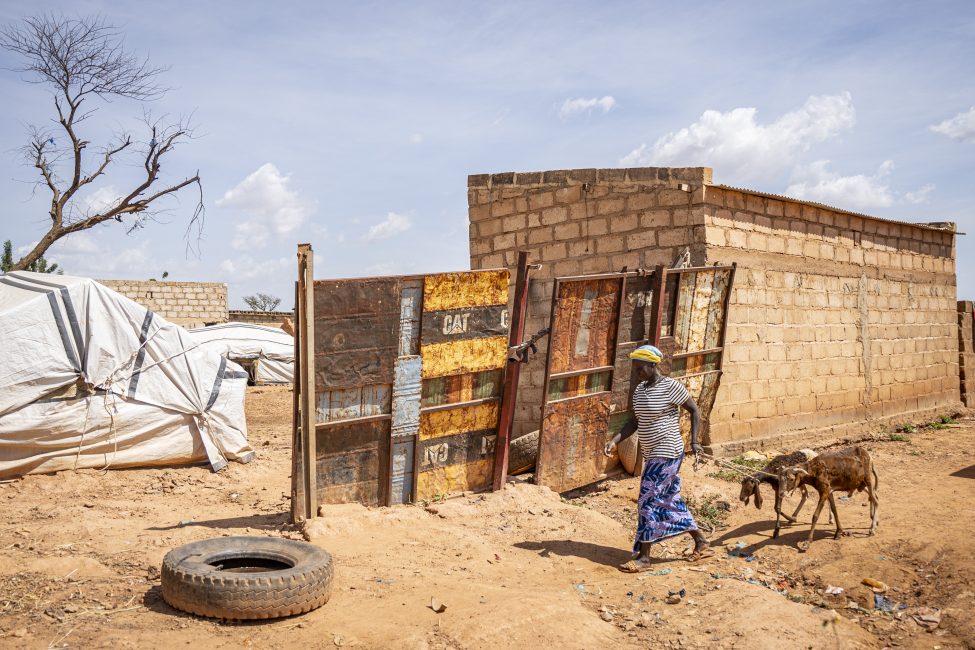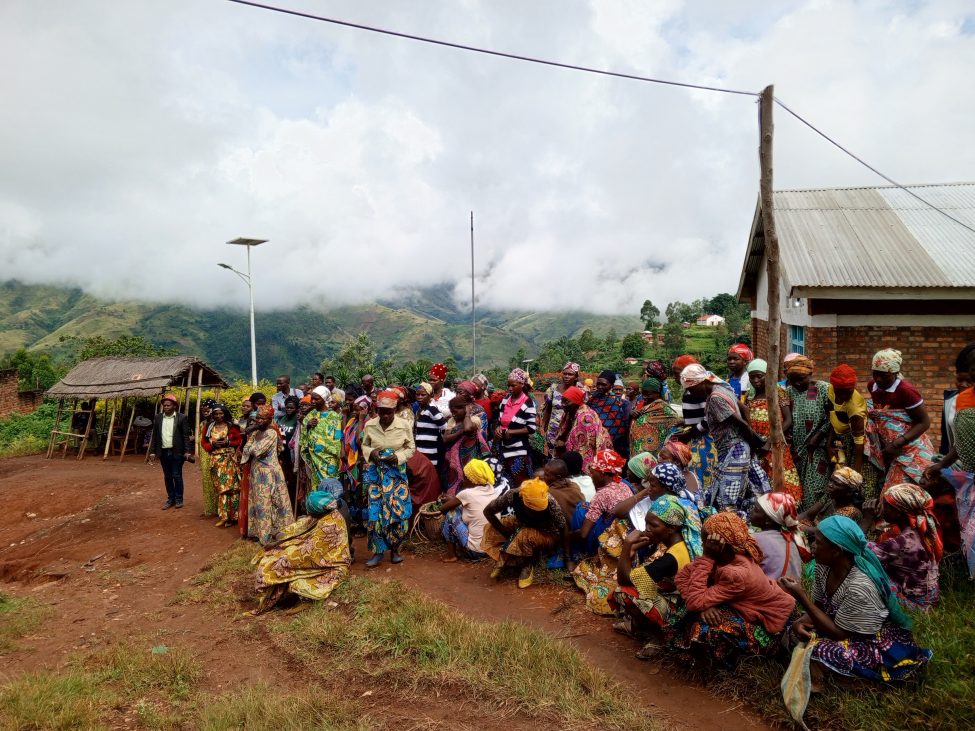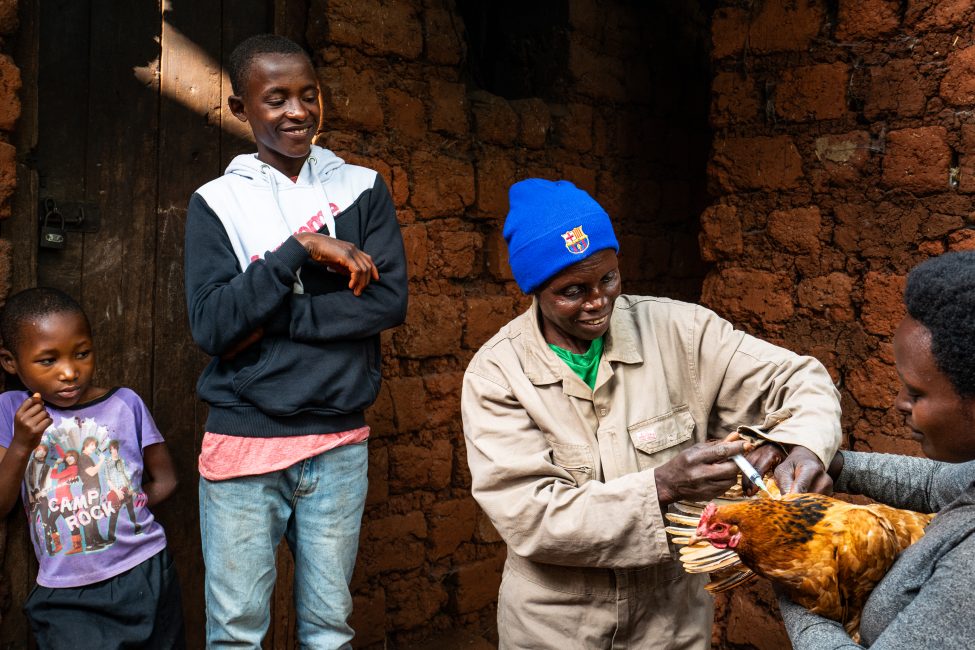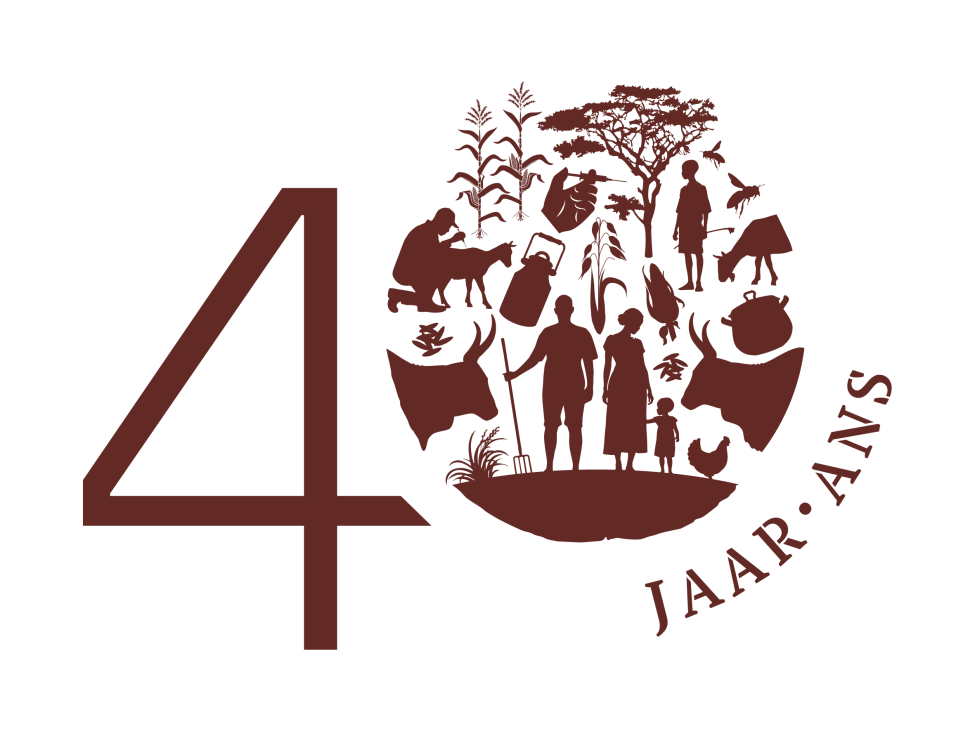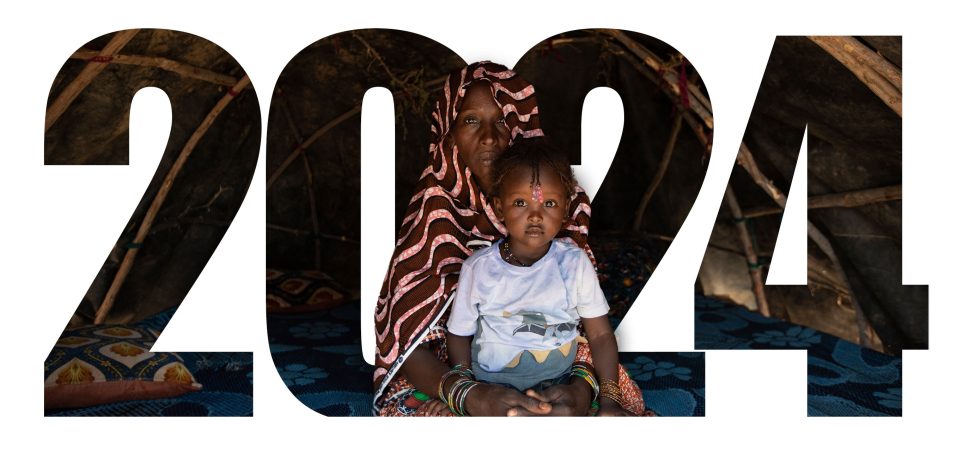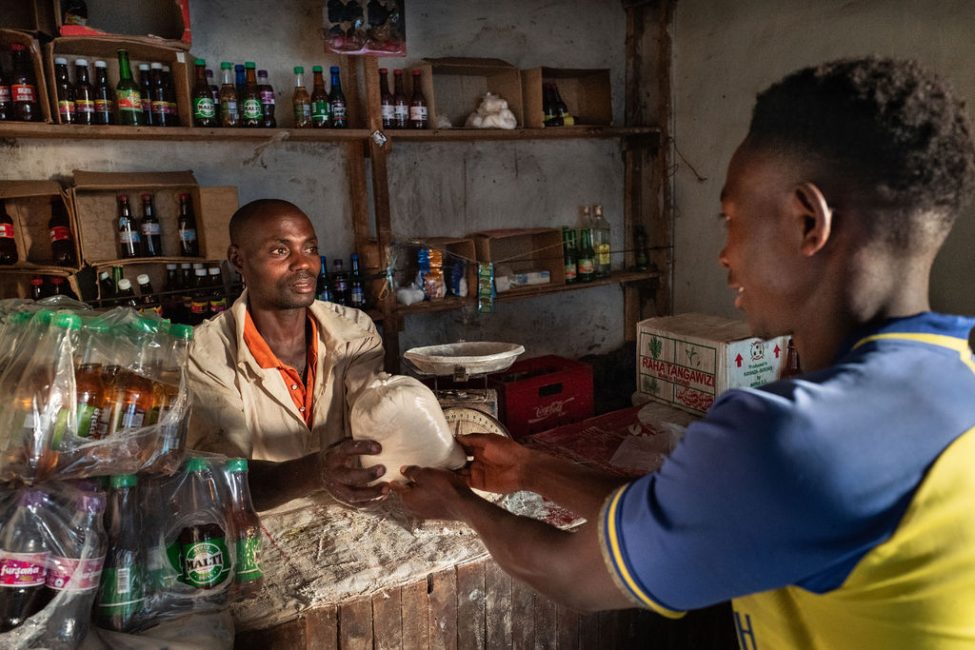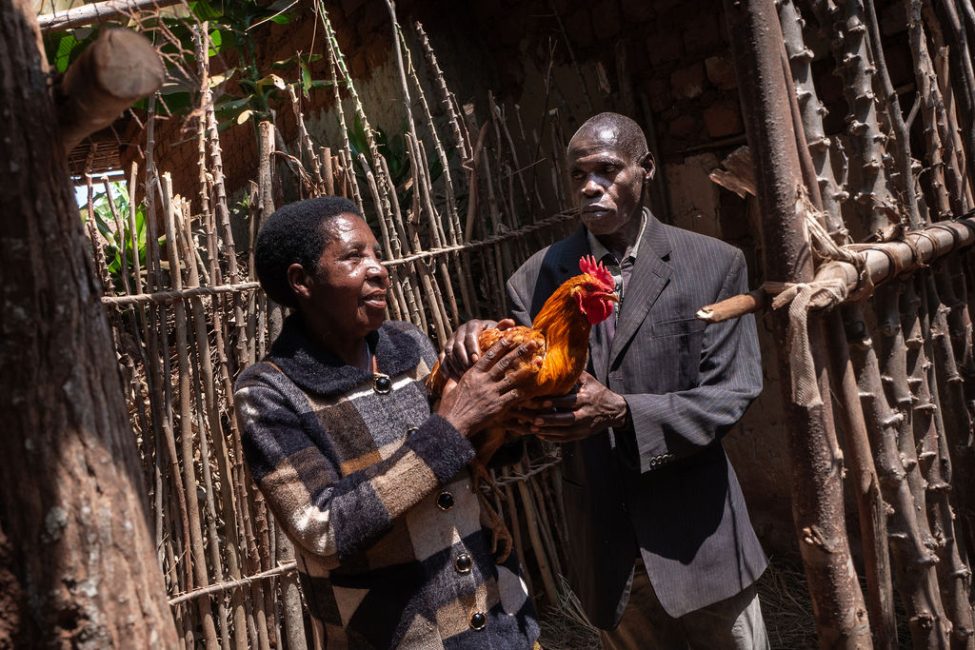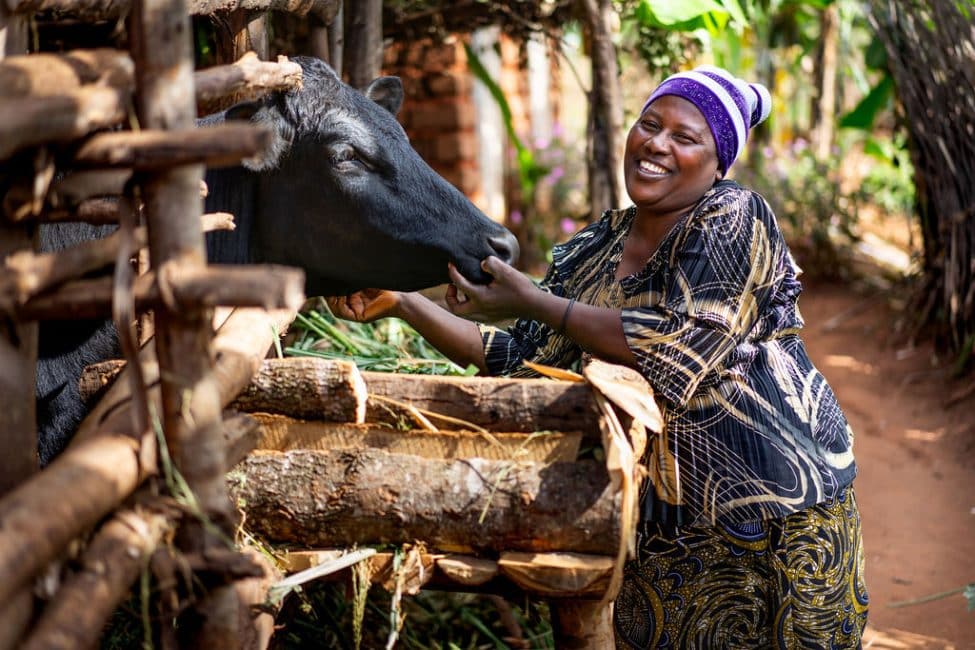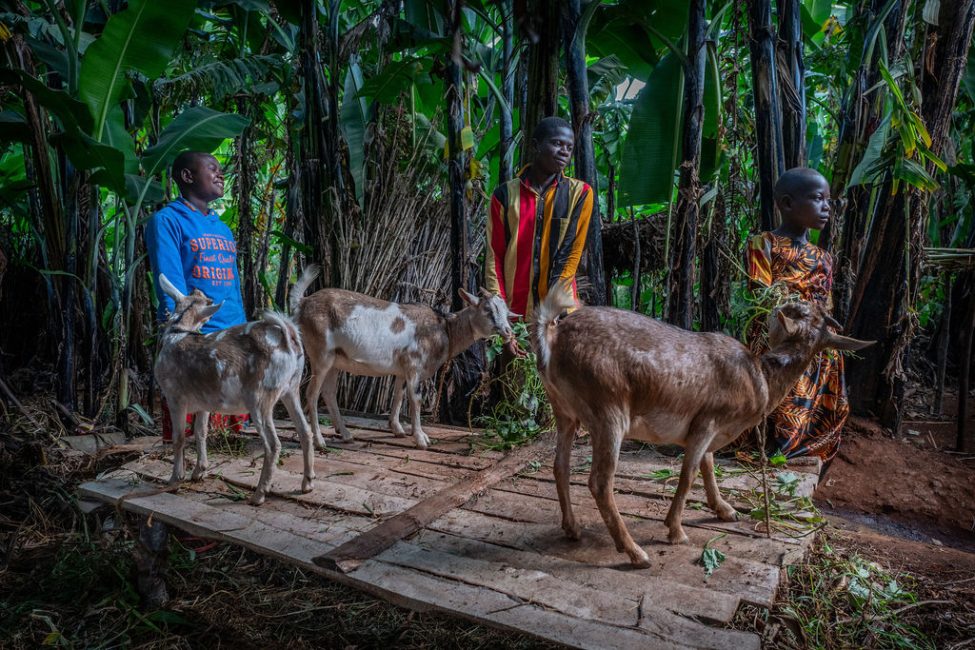November 2023 marked the start of the second phase of our Humanitarian Protection Programme in Burkina Faso, Niger, the DR Congo and Uganda. Eighteen months later, we are seeing how our efforts have changed lives: families who can protect their animals, livestock keepers who stand stronger in the face of the challenges brought by climate change and communities who live together in peace. In this article, you will find out about what we have achieved with our partners.
State of emergency in Eastern Congo: Vétérinaires Sans Frontières Belgium prepares for action
Since the successive seizure of Goma and Bukavu at the end of January, eastern Congo has once again become the scene of bloody conflict. According to the UN Refugee Agency, the fighting has displaced more than 400,000 people since early February. Most of them have lost everything. The humanitarian situation is worsening by the day. Vétérinaires Sans Frontières Belgium is preparing to intervene as quickly as possible to help as many people as we can.
“Everything has changed since I started breeding livestock”: three women on Vétérinaires Sans Frontières Belgium
In regions of Africa where livestock keeping forms the backbone of daily life, a goat, chicken or cow means much more than just food or trade. These animals are the building blocks of women’s economic independence, allowing them to strengthen their position in the community. Vétérinaires Sans Frontières Belgium contributes to this, both by providing animals for women who need them and by offering support and training. That is how these women gain the knowledge and resources they need to build a more sustainable future. Here are the stories of Marie-Rose, Justine and Minata.
40 Years of Vétérinaires Sans Frontières Belgium
40 years of Vétérinaires Sans Frontières Belgium: four decades of dedication, innovation and collaboration to support livestock keepers all around the world. From the fight against rinderpest to sustainable livestock keeping, this article will tell you how a small initiative grew into an organisation with global impact.
A look back at 2024
From vaccination campaigns in Niger to the launch of a new digital tool in rural Burundi, Vétérinaires Sans Frontières Belgium certainly kept itself busy in 2024. Join us for a look back at our achievements over the past year, with both international and local partners.
When livestock credit opens the way to entrepreneurship in Burundi
For a large majority of the Burundian population in rural areas, obtaining a loan is impossible. Even more so when it comes to investing in livestock farming, which is considered too risky by local banks. This is why Vétérinaires Sans Frontières has been developing a livestock credit program in the north of the country since 2014. In the province of Ngozi, Claude and Donatien have benefited from it. In the space of a few years, they discovered a new path that they hardly dared to dream of: that of entrepreneurship.
Getting to know Denise, a model poultry keeper in Burundi
In rural Burundi, poultry keeping plays an important role in food security and economic security. This activity is often the preserve of women, permitting them to improve their social standing. But it is also an activity that requires knowledge and skill. Denise Kansuraheba’s career is living proof that, with sufficient training and some material assistance, poultry farming can become a highly profitable activity. The grandmother’s success means that she is now a role model in her community.
Livestock guarantees survival during lean seasons in the Sahel
In the countries of the Sahel, the population is facing increasingly severe consequences of the dry season, worsened by climate change. This is particularly apparent in Niger, where Vétérinaires Sans Frontières Belgium works. What are the implications of this period for the way of life of the populations we support, and how are they adapting to these difficult conditions?
Livestock keeping: vindication for women in Burundi
Everywhere where we work, women are a priority group among our beneficiaries. Both single mothers and widows are often more exposed to precarity and, as such, they are identified by their communities as the first who should benefit from our activities. By distributing goats to women, we offer them the chance to put an often difficult past behind them. Livestock keeping, which is normally a male preserve, is also a way for them to emancipate themselves from the traditional status of women. We got to know two such women in northern Burundi.
A holistic approach in Burundi, ten years on:
thousands of lives transformed
In Burundi, agricultural overexploitation is progressively reducing the fertility of the land. The problem is jeopardising the food security of nine out of ten people in the country, who depend on agriculture for their livelihoods. To put an end to this vicious circle and stimulate crops, livestock keeping is proving to be extremely effective. However, owning animals is beyond the means of most people in rural areas. That is why we distribute goats to vulnerable families in the north of the country. Over the past ten years, almost 6000 families have benefited from our holistic approach.

